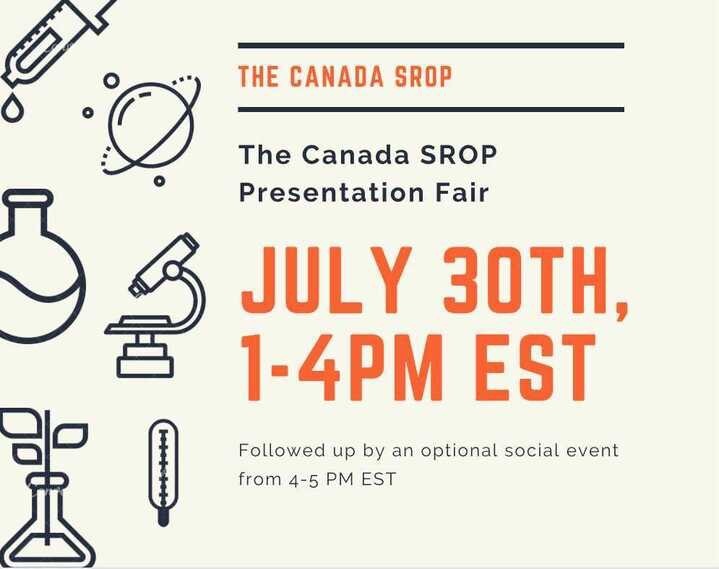Dear colleagues,
Do you research intergroup contact? Does your work also consider participants’ political ideologies?
We are a team from the University of Toronto working on a meta-analyses on the effect of intergroup contact on affective polarization, or dislike toward political others (or partisan animosity, political prejudice etc.). This meta-analysis is part of a larger project led by Zi Ting You, a PhD Student, and Dr. Elizabeth Page-Gould, a Professor, in the Psychology Department at the University of Toronto. We are seeking your help in including your unpublished research.
To submit data: Please complete this Qualtrics survey.
Inclusion criteria:
- The groups must be explicitly political in nature (e.g. Democrats/Republicans, conservatives/liberals). That is, the intergroup contact in question must be participants interacting with their political outgroup.
- Affective polarization must be the dependent variable (negative attitudes towards political outgroup e.g. prejudice, feelings thermometer, social distance, stereotypes).
- Contact must represent face to face interactions with the political outgroup. Direct, manipulated, vicarious, extended, imagined, and indirect contact will all be included but contact in the form of exposure to outgroup ideas (e.g. reading outgroup speeches or social media posts) are outside the scope of our analysis.
What do we need from you?
We will need the raw correlation coefficient (Pearson’s r) between intergroup contact and affective polarization. We will use this measure as an indicator of effect size and compare them between studies. If you calculated effect size a different way (e.g. Cohen’s d), please provide your metric and statistic and we can convert it. If you did not calculate a full effect size but you are willing to provide the raw data and coding guide for us to calculate r ourselves, that would be great as well.
What format do we need the data in?
We prefer CSV files, but we can also handle SPSS or STATA data files. We are primarily R users, but we can use different packages to read your data. If you are concerned that we may not be able to read your data, please let us know through the open question in the Qualtrics form or by emailing louisa.you@mail.utoronto.ca.
How will you get the data to us?
Please fill out our Qualtrics form. There are opportunities in the form to type in statistics or to upload raw data.
Direct link: https://utorontopsych.az1.qualtrics.com/jfe/form/SV_3eltdjrAZ3tZNDU
When do we need the data by?
December 1, 2022.
What if your work is already published?
We’ve scoured the literatures for already published work, but there is a chance we missed your paper. Please let us know of your work by emailing louisa.you@mail.utoronto.ca or fill out the Qualtrics form and provide the citation of your published paper.
If your work matches these criteria, please click here to submit your statistic or data.
Thank you so much!
Best wishes,
Zi Ting You and Elizabeth Page-Gould
